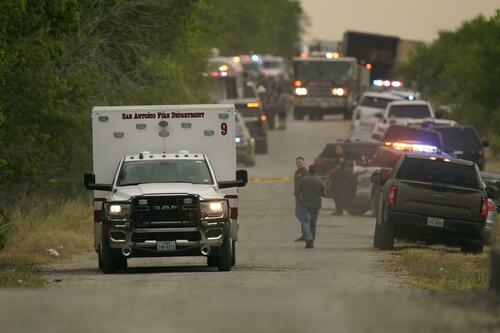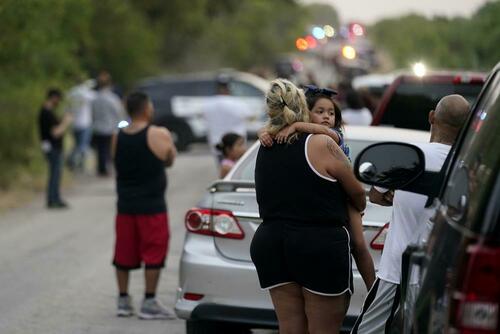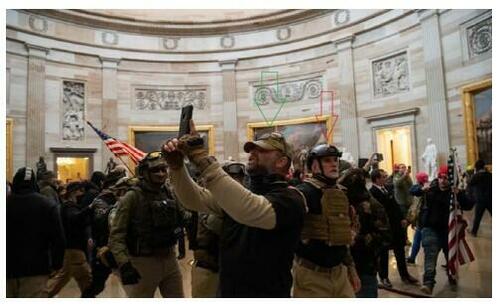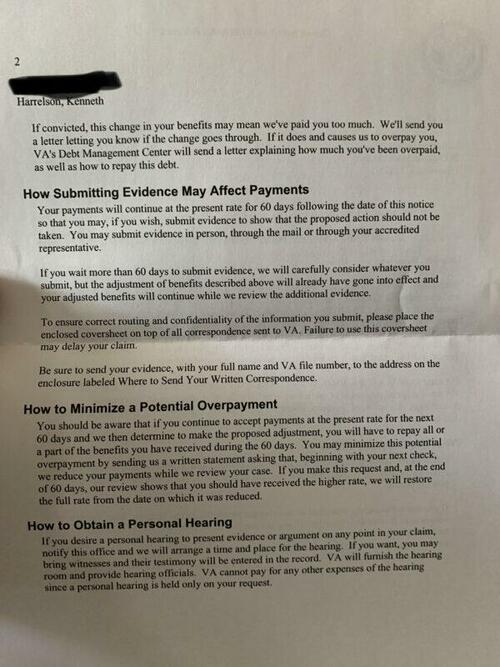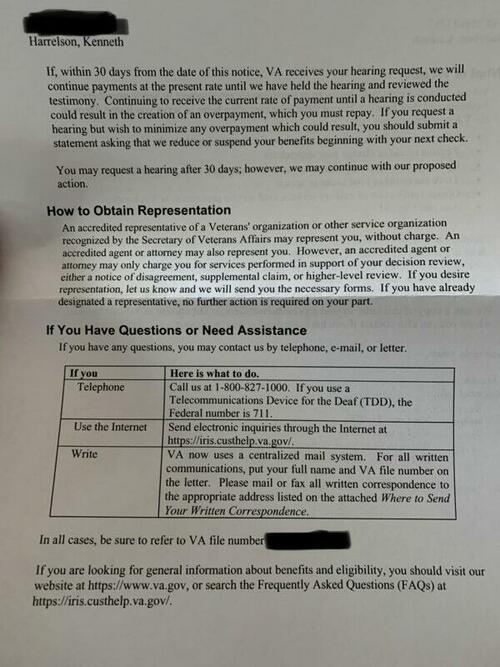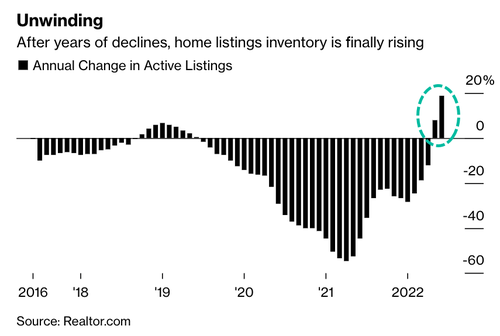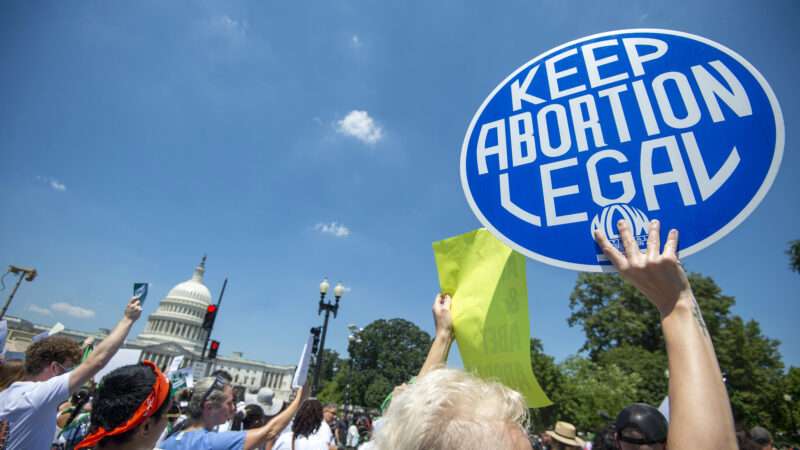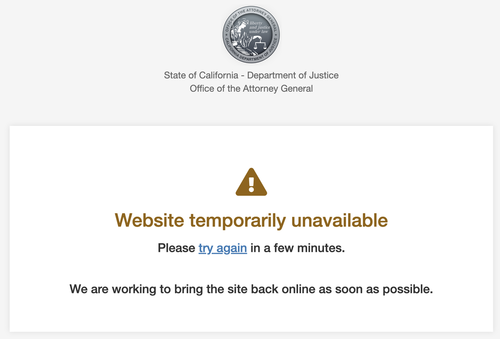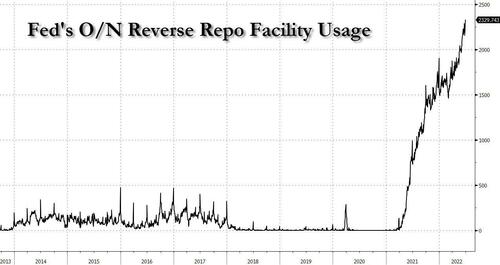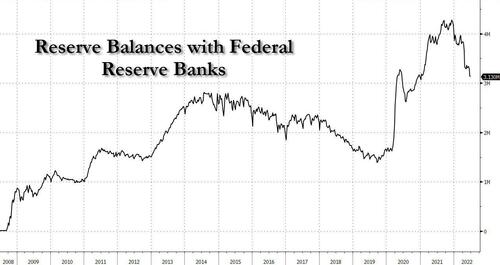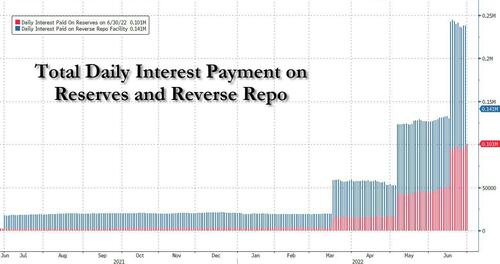The U.S. Supreme Court ruled last week in Dobbs v. Jackson Women’s Health Organization that the U.S. Constitution does not guarantee a right to abortion. But several state supreme courts have rejected abortion bans as inconsistent with state constitutional provisions, and current litigation over new restrictions seeks to establish more such precedents. Some lawsuits do not claim constitutional protection for abortion rights but instead seek to delay implementation of “trigger” bans designed to take effect after the reversal of Roe v. Wade, the 1973 precedent that the Supreme Court repudiated in Dobbs. Here is a rundown of where things stand.
PRE-DOBBS DECISIONS
Alaska
In 1997, the Alaska Supreme Court unanimously ruled that the state constitution “protects reproductive autonomy, including the right to abortion.” The court cited Article I, Section 22 of the Alaska Constitution, which was adopted in 1972 and says, “The right of the people to privacy is recognized and shall not be infringed.”
The justices concluded that “a woman’s control of her body, and the choice whether or when to bear children, involves the kind of decision-making that is “necessary for…civilized life and ordered liberty.” They added that “our prior decisions support the further conclusion that the right to an abortion is the kind of fundamental right and privilege encompassed within the intention and spirit of Alaska’s constitutional language.”
California
In 1969, four years before Roe established a constitutional right to abortion, the California Supreme Court ruled that a state law allowing a woman to obtain an abortion only when it is “necessary to preserve her life” was so vague that it violated the right to due process. It said “a definition requiring certainty of death,” as urged by the government, “would work an invalid abridgment of the woman’s constitutional rights,” including “the woman’s rights to life and to choose whether to bear children.”
The justices reasoned that “the fundamental right of the woman to choose whether to bear children follows from the Supreme Court’s and this court’s repeated acknowledgment of a ‘right of privacy’ or ‘liberty’ in matters related to marriage, family, and sex.” They noted that “none of the parties who have filed briefs in this case have disputed the existence of this fundamental right.”
Florida
A 1980 amendment to Florida’s constitution explicitly protects the “right of privacy,” saying “every natural person has the right to be let alone and free from governmental intrusion into his private life except as otherwise provided herein.” That right, the Florida Supreme Court ruled in 1989, “is clearly implicated in a woman’s decision of whether or not to continue her pregnancy.”
Emphasizing that the Florida Constitution’s explicit protection of privacy extends further than the provisions on which Roe relied, the justices thought it obvious that Florida’s guarantee encompassed the decision of “whether, when, and how one’s body is to become the vehicle for another human being’s creation.” In fact, they said, “we can conceive of few more personal or private decisions concerning one’s body that one can make in the course of a lifetime.” The court ruled that an abortion regulation can pass muster only if it is “the least intrusive means of furthering [a] compelling state interest.”
That precedent could be at risk. Florida’s Republican governor, Ron DeSantis, appointed three of the Florida Supreme Court’s seven justices. Justice Alan Lawson, who was appointed by Gov. Rick Scott (now a senator) in 2016, is retiring in August, which means the court will soon have a majority appointed by DeSantis, who this year signed into a law a ban on abortion after 15 weeks. DeSantis has said he also favors a “heartbeat” law that would prohibit abortion after fetal cardiac activity can be detected, which typically happens around six weeks into a pregnancy.
The 15-week ban, which is scheduled to take effect on Friday, would affect less than 4 percent of abortions in Florida, according to data collected by the Centers for Disease Control and Prevention (CDC). Planned Parenthood argues that the law nevertheless conflicts with the 1989 abortion precedent and the state constitution. John Cooper, a circuit judge in Tallahassee, said on Thursday he would grant the organization’s request for a temporary injunction, although that may not happen soon enough to prevent the ban from taking effect. The law may ultimately be upheld by the Florida Supreme Court, which could modify or reverse its 1989 decision.
Illinois
In 2013, the Illinois Supreme Court rejected the argument that a right to abortion is protected by the state constitution’s privacy clause, which says, “The people shall have the right to be secure in their persons, houses, papers and other possessions against unreasonable searches, seizures, invasions of privacy or interceptions of communications by eavesdropping devices or other means.” But the court concluded that “our state due process clause” provides “protections, with respect to abortion, equivalent to those provided by the federal due process clause” as interpreted in Roe.
Kansas
In 2019, the Kansas Supreme Court ruled that the state constitution’s Bill of Rights, which says “all men are possessed of equal and inalienable natural rights, among which are life, liberty, and the pursuit of happiness,” protects “a woman’s right to decide whether to continue a pregnancy.” It said the Bill of Rights “affords protection of the right of personal autonomy, which includes the ability to control one’s own body, to assert bodily integrity, and to exercise self-determination.” That right, in turn, “allows a woman to make her own decisions regarding her body, health, family formation, and family life—decisions that can include whether to continue a pregnancy.”
Massachusetts
In 1981, the Supreme Judicial Court of Massachusetts affirmed that abortion access is protected by the state constitution’s guarantee of due process. It noted a 1974 decision in which “we held that a pregnant woman’s husband had no right, whether constitutional or at common law, to declaratory and injunctive relief designed to prevent her from securing an abortion.” In that case, “we emphasized the principle of personal autonomy inherent in these cases.” The court also cited its 1977 decision overturning a local ban on abortion clinics, saying the government should take a neutral position on the issue, which “forbids the State to interpose material obstacles to the effectuation of a woman’s counselled decision to terminate her pregnancy during the first trimester.”
Minnesota
In 1995, the Minnesota Supreme Court ruled that “the right of privacy under the Minnesota Constitution encompasses a woman’s right to decide to terminate her pregnancy.” It said “both parties agree that women have a fundamental right to obtain an abortion before fetal viability under the Minnesota and United States Constitutions.”
Montana
In 1999, the Montana Supreme Court ruled that the “right of privacy” guaranteed by the state constitution protects “procreative freedom,” including the right to obtain a pre-viability abortion. It said the Montana Constitution “broadly guarantees each individual the right to make medical judgments affecting her or his bodily integrity and health in partnership with a chosen health care provider free from government interference.”
New Jersey
In 1982, the New Jersey Supreme Court recognized “the fundamental right of a woman to control her body and destiny,” including “the choice to terminate a pregnancy or bear a child.” It cited Article I, Paragraph 1 of the New Jersey Constitution, which says, “All persons are by nature free and independent, and have certain natural and unalienable rights, among which are those of enjoying and defending life and liberty, of acquiring, possessing, and protecting property, and of pursuing and obtaining safety and happiness.” That language, the court said, “protects the right of privacy,” which includes “a woman’s right to choose whether to carry a pregnancy to full-term or to undergo an abortion.”
ONGOING LITIGATION
Arizona
A 1901 law, enacted when Arizona was still a territory, bans abortion except when necessary to save a pregnant woman’s life. That law was enjoined after Roe but is still on the books, which has led to considerable confusion about whether it can be enforced.
John Keenan, legal director at the ACLU of Arizona, says “abortion remains legal in Arizona” as long as the pre-Dobbs injunction remains in place, but “providers have been forced to stop medical abortion care to avoid the risk of prosecution.” Gov. Doug Ducey and Attorney General Mark Brnovich, both Republicans, disagree about whether the 1901 ban can be enforced: Brnovich says it can, while Ducey says it can’t.
In March, Ducey signed into law a ban on abortion after 15 weeks of gestation except for medical emergencies. That law, which is similar to the Mississippi ban upheld in Dobbs, takes effect in September. It does not affect the vast majority of abortions: In 2019, according to the CDC’s data, 95 percent of Arizona abortions were performed at 15 weeks or earlier.
The Arizona Constitution includes an explicit privacy clause: “No person shall be disturbed in his private affairs, or his home invaded, without authority of law.” In 2002, the Arizona Supreme Court ruled that state restrictions on Medicaid coverage of abortions violated the state constitution’s “equal privileges and immunities” clause. But it did not affirm a lower court’s ruling that the privacy clause protects a woman’s right to terminate a pregnancy, saying the case was “not about the right to an abortion.”
Kentucky
On Thursday, a state judge issued a restraining order that temporarily blocks enforcement of Kentucky’s “trigger” law, which took effect after Roe was overturned. That law, enacted in 2019, prohibits abortion at any stage of pregnancy. The only exception is for cases where an abortion is “necessary in reasonable medical judgment to prevent the death or substantial risk of death due to a physical condition, or to prevent the serious, permanent impairment of a life-sustaining organ of a pregnant woman.”
Jefferson County Circuit Judge Mitch Perry, whose order also covers a six-week ban enacted in 2019, was responding to a lawsuit by the ACLU and Planned Parenthood. They argue that the bans violate the state constitution by “infringing on Plaintiffs’ patients’ rights to privacy and self-determination.”
The lawsuit cites Sections 1 and 2 of the Kentucky constitution. Section 1 says “all men are, by nature, free and equal, and have certain inherent and inalienable
rights,” including “the right of enjoying and defending their lives and liberties” and “the right of seeking and pursuing their safety and happiness.” Section 2 forbids “absolute and arbitrary power over the lives, liberty and property of freemen.”
Perry’s order does not address the merits of the plaintiffs’ claims, which Kentucky Attorney General Daniel Cameron says have no legal basis. He promises that “we will do everything possible to continue defending this law and to ensure that unborn life is protected in the Commonwealth.”
Louisiana
Louisiana’s 2006 trigger law makes abortion illegal except when it is “necessary in reasonable medical judgment to prevent the death or substantial risk of death due to a physical condition, or to prevent the serious, permanent impairment of a life-sustaining organ of a pregnant woman.” Another trigger law enacted this year added a few more narrow exceptions, which do not include pregnancies caused by rape or incest.
Those laws took effect immediately after Roe‘s reversal. But on Monday, a state judge issued a restraining order that temporarily blocked their enforcement. Orleans Parish Judge Robin M. Giarrusso was responding to a lawsuit by abortion providers who argued that the trigger laws are “unconstitutionally vague.” They say the laws “fail to provide notice of what conduct is prohibited, what exceptions are permitted, and what penalties attach.” Furthermore, they “do not provide notice of when any one of the Trigger Bans, or all of them collectively, are actually in force while simultaneously purporting to be immediately effective” after Roe‘s reversal.
“In a stunning state of affairs, the day Dobbs was issued, state and local officials issued conflicting statements about whether and which trigger laws were actually in effect and thus what conduct—if any—was prohibited,” the plaintiffs said. “Due process requires more.”
A hearing in the case is scheduled for July 8. Citing abortion law historian Mary Ziegler, The Washington Post says “the injunction on Louisiana’s trigger ban will almost certainly be lifted.”
Michigan
In May, responding to a challenge by Planned Parenthood, a state judge temporarily enjoined enforcement of a 1931 law that bans abortion unless it is necessary to “preserve the life” of a pregnant woman. Michigan Court of Claims Judge Elizabeth Gleicher said there was a “strong likelihood” that Planned Parenthood would prevail.
Gleicher thought it was clear that “the right to be let alone—the right to bodily integrity—was understood by the ratfiers of the 1963 Michigan Constitution as a fundamental component of due process.” The right to bodily integrity, she said, includes a right to abortion.
“The link between the right to bodily integrity and the decision whether to bear a child is an obvious one,” Gleicher wrote. “Forced pregnancy, and the concomitant compulsion to endure medical and psychological risks accompanying it, contravene the right to make autonomous medical decisions. If a woman’s right to bodily integrity is to have any real meaning, it must incorporate her right to make decisions about the health events most likely to change the course of her life: pregnancy and childbirth.”
Gleicher’s injunction bars Michigan Attorney General Dana Nessel, the defendant, from enforcing the abortion ban. It also applies to “anyone acting under defendant’s control and supervision.” Nessel, a Democrat who was not inclined to enforce the 1931 law anyway, says that means “providing abortion care in Michigan cannot be prosecuted.” The Michigan Department of Licensing and Regulatory Affairs concurs.
Even the Republican-controlled legislature, which wants the ban to take effect, complains that Gleicher’s injunction bars “the Attorney General and all county prosecutors” from enforcing it. But Kent County Prosecutor Chris Becker and Jackson County Prosecutor Jerard Jarzynka, both Republicans, claim the injunction does not constrain them because they have independent authority, as locally elected officials, to enforce state law.
Texas
A six-week ban, which evaded early judicial intervention by charging private litigants with enforcement, took effect in September. On Tuesday, a state judge issued a restraining order that temporarily blocks enforcement of a 1925 law that bans abortion except to save the mother’s life. Harris County Judge Christine Weems said enforcing that law, which was deemed unconstitutional in Roe, would “inevitably and irreparably chill the provision of abortions in the vital last weeks in which safer abortion care remains available and lawful in Texas.”
Weems was responding to a lawsuit in which abortion providers argue that the pre-Roe ban was “repealed expressly or by implication.” They also argue that “the declaratory judgment in Roe that the Pre-Roe Ban is unconstitutional remains in effect unless and until the judgment is reopened and vacated.” The complaint says allowing enforcement of the 1925 ban would violate the right to due process because “fundamental uncertainty” about the law’s status “authorizes or encourages arbitrary and discriminatory enforcement and fails to provide fair warning of whether its prohibitions exist so that ordinary people may conform their conduct accordingly.”
Texas also has a trigger law, enacted in 2019, that bans abortion except when continuing a pregnancy poses a risk of death or “substantial impairment of a major bodily function.” That law is supposed to take effect 30 days after Roe‘s reversal. Attorney General Ken Paxton says the countdown does not start until the Supreme Court issues its judgment (as opposed to its opinion) in Dobbs, which means the ban won’t take effect until about two months from now.
Utah
Utah’s 2020 trigger law allows abortion when it is necessary to save the mother’s life or avoid “a serious risk of substantial and irreversible impairment of major bodily function.” The law also includes exceptions for cases involving rape, incest, or a fetus with a “uniformly diagnosable” and “uniformly lethal” defect or a “severe brain abnormality” resulting in a “mentally vegetative state.” Otherwise, abortion is prohibited.
On Monday, a state judge in Salt Lake City issued a restraining order that temporarily blocks enforcement of Utah’s trigger law. Third District Judge Andrew Stone said the law “upsets the longstanding status quo on which Utah women and their families have relied for at least five decades.” If the ban is enforced, he said, it “will force many Utahns to continue carrying a pregnancy that they have decided to end, with all of the physical, emotional, and financial costs that entails.”
Stone was responding to a lawsuit in which Planned Parenthood and the ACLU argue that the abortion ban violates several rights guaranteed by the state constitution. They say the Utah Supreme Court has recognized that the state constitution protects “the rights inherent in family relationships,” which the ban violates because it “prevents individuals from making fundamental decisions about how to arrange their family relationships.”
The lawsuit also argues that the trigger law violates the right to equal protection because it “disproportionately limits women’s bodily autonomy and liberty”; the “substantive due process right to bodily integrity,” which is “violated whenever one’s health and safety is imperiled without one’s consent”; “the prohibition on involuntary servitude” by “forc[ing] people who become pregnant to undertake the mental and physical labor of pregnancy and childbirth against their will”; and “the right to privacy,” which the Utah Supreme Court has said includes “those aspects of an individual’s activities and manner of living that would generally be regarded as being of such personal and private nature as to belong to himself and to be of no proper concern to others.”
The post Without <i>Roe v. Wade</i>, Litigants Look to State Constitutions for Protection of Abortion Rights appeared first on Reason.com.
from Latest https://ift.tt/aBR9Qzn
via IFTTT
